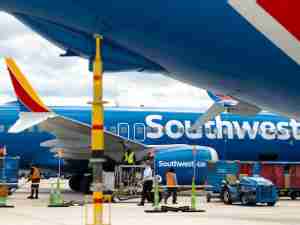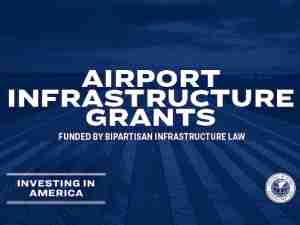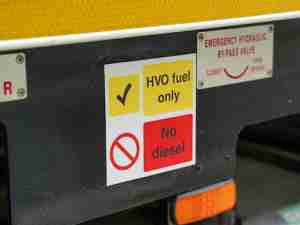Curse of Free Money Could Yet Bring HNA Back to Earth: Gadfly
By: | Oct 07 2016 at 12:20 AM | Air Cargo
Aircraft leasing is a pretty straightforward business.
Any company that can borrow at a lower rate than an airline and keep its planes leased out rather than parked in a desert boneyard stands a decent chance of making money. If it can borrow more cheaply than rival aircraft lessors, it’s really onto something.
That makes leasing an obvious business for HNA Group. The Chinese conglomerate rarely lets a month go by without buying one aviation asset or other, so it’s no surprise to see it paying $10 billion for CIT Commercial Air, the aircraft-leasing unit of U.S. financing group CIT.
The deal, once combined with HNA’s $7.6 billion acquisition of Avolon earlier this year, will deliver the conglomerate the biggest leasing fleet globally after General Electric’s GECAS unit and AerCap—a nice way to top off the $32 billion-odd of purchases the group has made since last July.
If you’re wondering how a Chinese regional airline managed to become one of the world’s most acquisitive companies within a couple of decades of its founding, there’s a simple answer: free money. Right now, HNA appears to be able to borrow more cheaply than the U.S. government.
Take a look, for instance, at the bond prospectus for its 6.2 percent perpetual notes issued in August. HNA’s 247 million yuan ($37 million) of cash interest payments in the year through December was equivalent to less than 0.1 percent of its 264 billion yuan in average debt. That’s actually marginally down on the rate it paid in prior years, despite a rising share of bonds in its borrowing mix that are priced at something approaching market rates.
HNA cash interest payments on average debt in 2015 - 0.1%
Free money has some definite advantages. Finance costs, after all, are one of the main factors on which lessors compete. Bohai Financial, the HNA affiliate that’s the vehicle for the CIT deal, does appear to pay a rather higher rate on its borrowings than the mothership—but it’s still low enough to provide deadly competition to established lessors.
As the parable of King Midas demonstrated, a limitless supply of wealth can have its disadvantages, too. Freed from the mundane need to justify acquisitions to penny-pinching financial officers, companies risk overpaying for deals.
As CIT’s Chairwoman Ellen Alemany pointed out in an investor call after Thursday night’s announcement, aircraft lessors are mostly trading at a discount to book value. HNA paid 1.2 times book — a bigger premium even than the one attached to BOC Aviation, the state-backed Chinese lessor listed on Hong Kong’s exchange in June.
Too much free money also risks spreading complacency about what ought to be its main business—that making-money thing. By its own statements, HNA hasn’t garnered a return of more than 1 percent on its assets in any of the past four years. Its interest coverage has tended to hover around the 1.5 times ratio at which alarm bells ought to start ringing.
So long as its creditors’ checkbooks remain open, HNA can continue on its golden spree. Should they ever close, things will start looking very tight.
This column does not necessarily reflect the opinion of Bloomberg LP and its owners.









